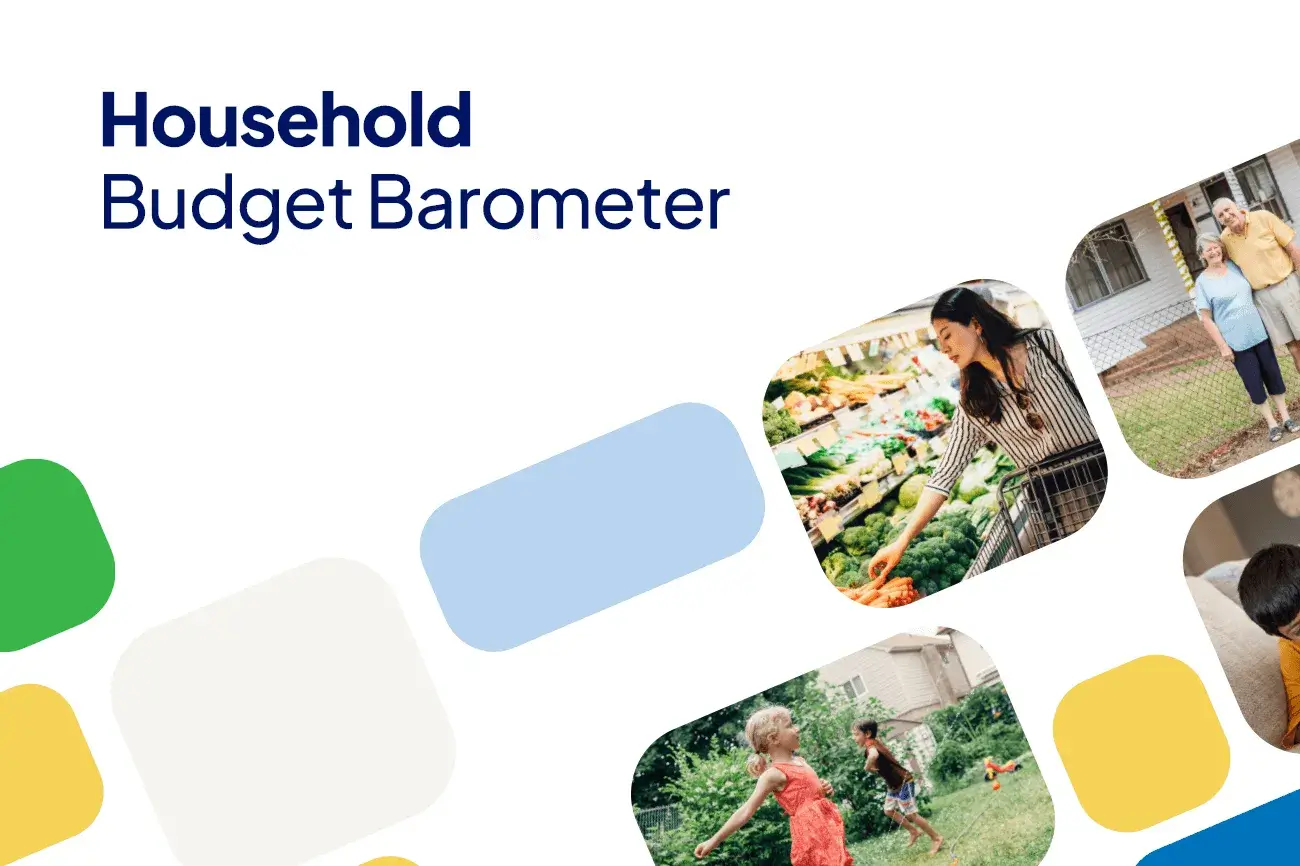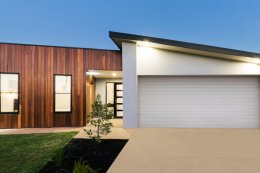
The shocking human cost of Australia’s inflation crisis has been laid bare in Compare the Market’s Household Budget Barometer report for 2024.
From parents going hungry in order to feed their children, to pensioners struggling to keep the lights on, the report unpacks the real-life stories of people fighting against rising costs.
The comprehensive national survey of more than 3,000 Australians revealed that money trouble has become a daily stress for one in five people, with 46% of people experiencing financial concerns at least once a week.
Compare the Market Economic Director David Koch said everyday costs, not luxury items, were causing the most distress.
“Most people aren’t overstretching or living beyond their means, they are just trying to get by, but it’s the rising cost of essential items that is killing them,” Mr Koch said.
“Industry leaders need to sit up and listen to the people that are hurting. No one has been immune to the impact of inflation but price hikes are not something to be taken lightly and I think we need to see a more proportionate approach to pricing.”
Grocery prices emerged as the biggest pain point for the quarter of Australians surveyed, while mortgage repayments were the top concern for middle to high income earners.
The Household Budget Barometer found median grocery spend was up 33% in August compared to January 2024, with many families choosing to eat at home rather than dine out or take-away.
The median quarterly electricity bill also surged from $300 to $350 over the same period, with government rebates helping to soften the blow in the interim.
Yet a quarter of Australians surveyed haven’t made any attempts to save on their bills by shopping around in the past 12 months.
“Because we think we’re getting a good deal, we often neglect to look elsewhere and could be missing out on hundreds of dollars in savings,” Mr Koch said. “Australians have got to stop paying the loyalty tax and letting bill hikes go through to the keeper.”
Compare the Market crunched the numbers for three Australian households and uncovered hundreds of dollars in potential savings, depending on the changes to existing policies and plans that our case studies would be willing to make:
- Rockstar mum of three Emma from Adelaide could reduce her premiums by between $2,000 – $3,000 a year by switching from a Gold hospital policy to a Silver or a Bronze policy now her family no longer requires maternity and birth services or any other Gold policy inclusions.
- Joanne and Wayne from Perth could reduce their car insurance premiums on their five cars by around $900 a year by updating their kilometre estimates and increasing their excess.
- Phil from Melbourne could save about $1000 a year, assuming he and his family use the average amount of energy and gas for a family of three in Victoria, by switching to cheaper electricity and gas deals.
The Household Budget Barometer is a nationally representative survey of 3,000 Australians conducted in August 2024.







